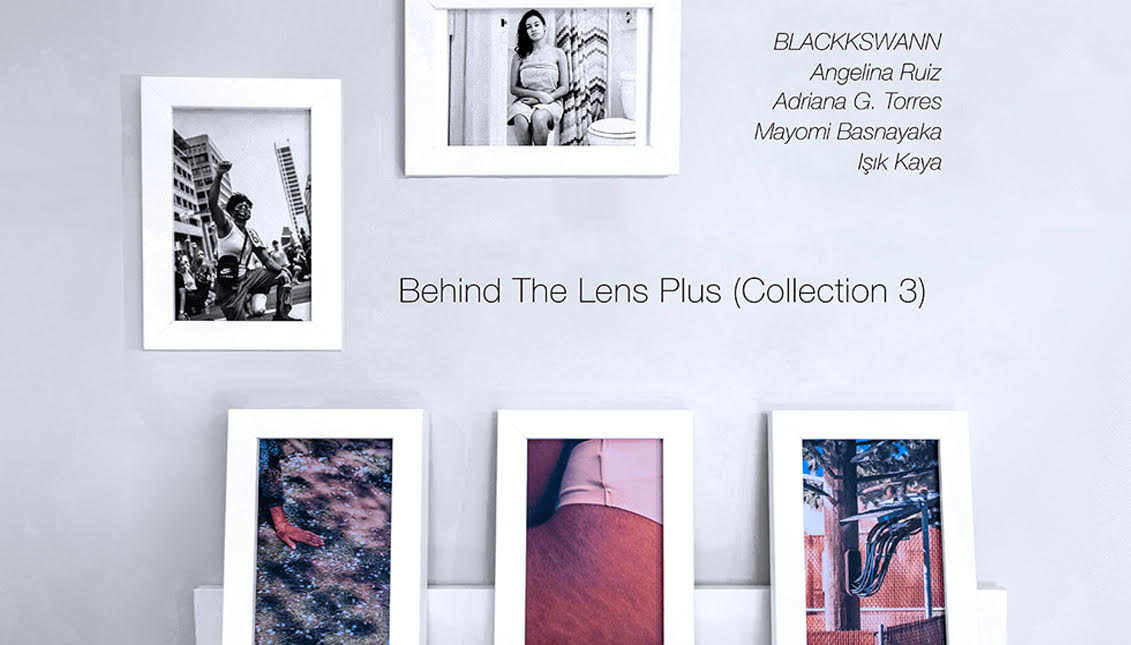
“Otros Espacios,” a collective memory project that connects strangers
The photo project is the brainchild of Puerto Rican artist Angelina Ruiz.
Angelina Ruiz, the Puerto Rican artist, writer and photographer, just released a new photo project titled Otros Espacios that was featured in Rhode Island’s Center For Photographic Arts Behind The Lens Plus, an ongoing online exhibition of women’s photography.
Ruiz was born and raised in the Bronx, and now resides in San Juan, Puerto Rico. She received a BFA in photography from SUNY Purchase in 2015. Her work is focused on her connection to city life, Latinx heritage, LGBTQ+ identity, gentrification, and feminism.
In an interview with Bustle in 2018, Ruiz talked about being nervous at first about her place in the industry as a Latina artist.
“As a member of the Latinx community, I realized that being weary of my place in the art world was a feeling more common than I thought. Oftentimes, my anxieties prompted me to use my life experience and familiar spaces to create work,” she said.
The Otros Espacios project is an examination of collective memory that utilizes found and taken portraits to show the connections yearned and even shared among people who have never met.
Ruiz describes it as a collection of images that display “a narrative that bridges the gaps between the past and the present, and illustrates the bonds within family life.”
She does this by using family photos, and found imagery to draw parallels between the lives of strangers.
RELATED CONTENT
She included some of her own photography, including a self portrait, and items like event tickets, pamphlets, bumper stickers and theater programs.
“Each memory captured perfectly and never able to be exactly recreated again,” she explained.
Similar to how the viewer is unable to tell whether Ruiz took the self portrait before or after discovering the paired images, there’s no way of knowing the bounds of the connection she may have shared with the subjects of the photos.
The project is less about the measurable truth of the common ground that the subjects may share, but about the feeling of being less alone in one’s being.











LEAVE A COMMENT: